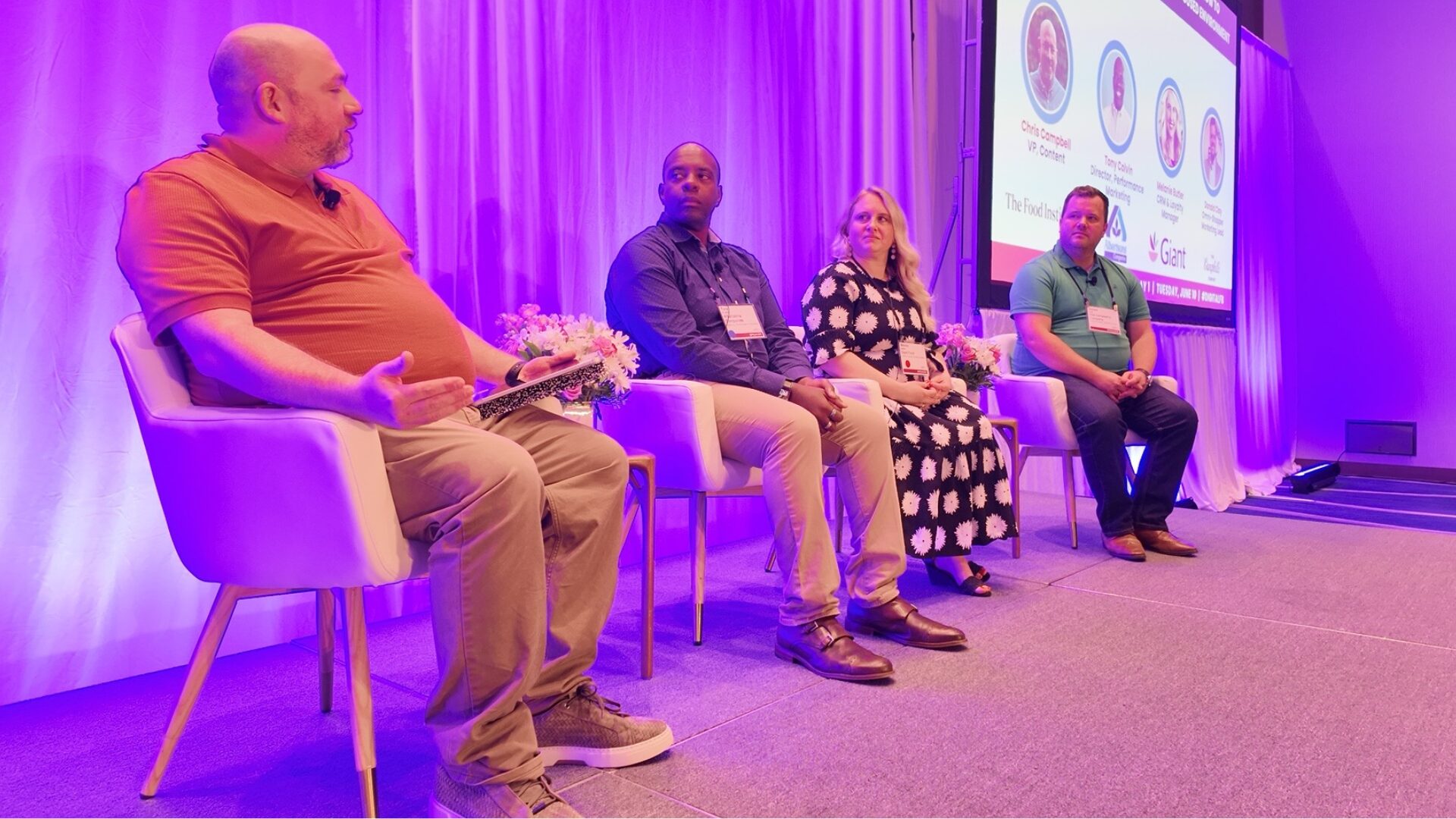Congested ports in the U.S. continue to cause major supply chain disruptions.
The California ports of Los Angeles and Long Beach — which together handle more than a third of U.S. container imports — are still clogged from the inventory restocking drive that began late last year, reported The Wall Street Journal (March 18).
NO RESPITE YET
Backlogs have somewhat narrowed, but there were still 17 container ships waiting off the Southern California coast earlier this week. Port of Los Angeles Executive Director Gene Seroka expects little relief, as another 18 ships plan to arrive at the port complex this weekend.
Los Angeles handled 799,315 containers overall in February, up 47% from a year ago, and it is projecting more than 830,000 containers to pass through its docks in total in March and April. Meanwhile, Port of Long Beach moved 771,135 containers in February, up 43.9%, the port’s largest-ever annual increase.
The backups have now stretched the other West Coast gateways like the Port of Oakland, as importers try to move around the bottlenecks. Shipping officials are projecting that backups will continue into the summer, The Wall Street Journal noted.
FACTORS AT PLAY
A surge in e-commerce significantly increased the volume of incoming cargo, according to Port of Oakland spokesperson Marilyn Sandifur, who noted that there were 20% more vessels coming in over the last month, with as many as a dozen vessels in the San Francisco Bay waiting to dock for up to seven days.
When import volumes surged 26% in February from a year ago, the port’s routine changed dramatically. Shipping executives said another surge may be in the works, as the American economy picks up speed following enactment of a $1.9 trillion coronavirus relief plan.
“The big question is, will the Americans spend their new stimulus checks? If they continue buying stuff instead of travelling or going out to restaurants, then the bottlenecks can get worse,” consultant Lars Jensen of SeaIntelligence told The Wall Street Journal.











